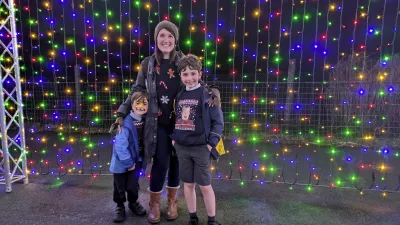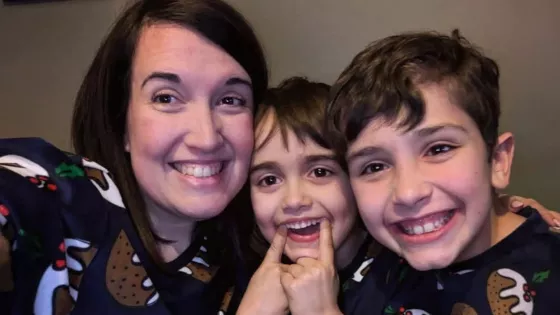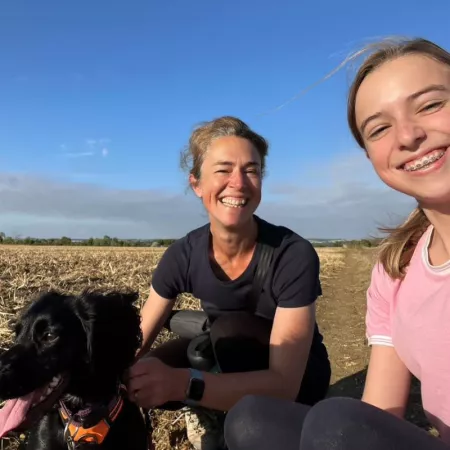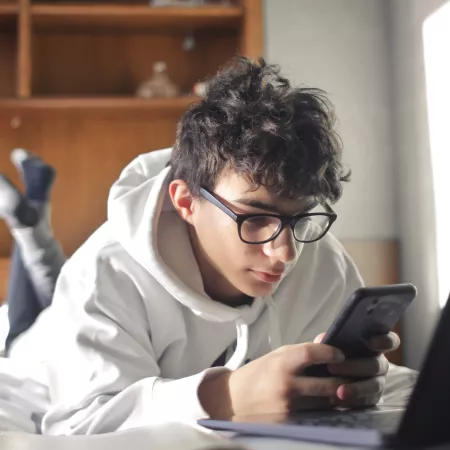After living with seizures herself as a child, Joley was no stranger to epilepsy when her pre-schooler son, Rafferty, had a first seizure. But it was a shock when Rafferty's older brother, Finn, then had his first seizure, just eight months later. Despite the toll on her family, she is determined that epilepsy alone will not define who her two boys want to be.
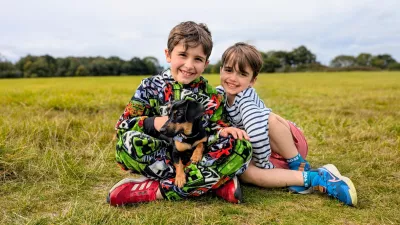
A Familiar Shock
When Joley youngest son, Rafferty, had his first seizure at nursery, she recognised the signs immediately.
They told me his eyes rolled back, he was unresponsive, then he threw up and wet himself. To me, that sounded like a classic seizure.
Joley wasn’t new to epilepsy. As a child, she lived with tonic-clonic seizures herself.
I had one or two a year, and I was generally unaffected. But I knew enough to recognise what Raff was experiencing wasn’t normal.
That early knowledge helped her act quickly. But nothing could have prepared her for what came next. Eight months later, it was her older son, Finn, who had a seizure - a complete surprise.
We had no suspicions about Finn. It was the monitor in Rafferty’s room that picked up a funny noise. We ran in thinking it was Raff, but he was fast asleep. Then we found Finn convulsing in his bed. It threw us all.
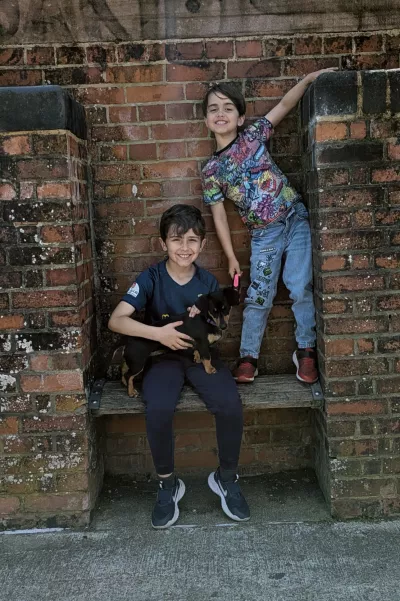
Diagnosis and Disruption
Rafferty was just three when diagnosed. Spells at a seizure clinic followed that first episode at nursery and another 40-minute seizure at home, and then he started on Keppra.
We still get breakthrough seizures, especially during growth spurts. But it’s been a game changer for him.
The journey for Finn - who is three years older than his brother - has been more complex.
He’s up to three medications now. This is the best control we’ve had - one or two seizures a month. But it used to be four or five a week.
The emotional toll has been immense.
I haven’t relaxed since Rafferty’s diagnosis. It’s like you’re always on. We’ve not had a night away since. It’s a lot to ask someone else to be responsible for two children who might have seizures in the night.
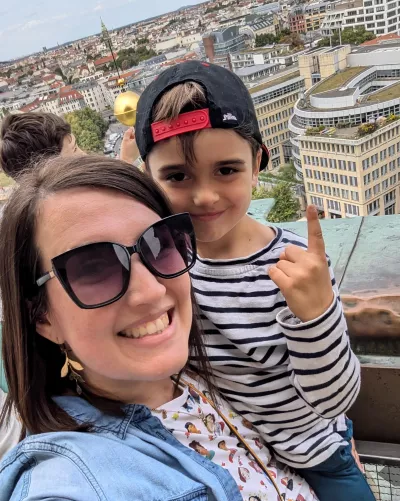
Living on Alert
Joley and her husband have adapted their lives around their sons’ needs.
Each boy has a baby monitor in his room. Even a cough wakes us up. You’re constantly alert.
But the impact on family life has been profound.
It’s like grieving for something. You want them to have a normal childhood - playdates, summer clubs - without thinking twice. But everything has to be considered.
Work has also had to adapt. Joley, a speech and language therapist, was signed off with stress when Rafferty was first diagnosed.
I couldn’t function. But I’ve been lucky. My managers gave me a patch closer to home. I now work three and a half days around school hours.”
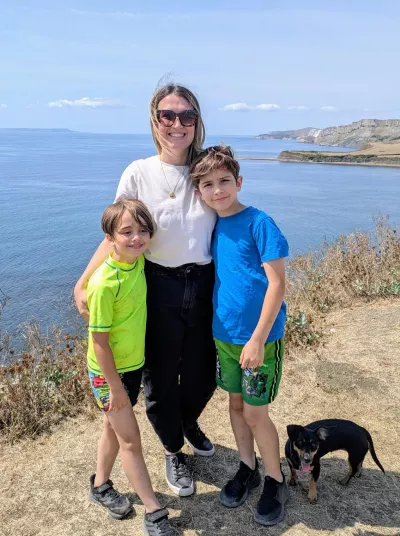
Navigating the System
Despite her own experience with epilepsy, Joley has found the healthcare system difficult to navigate.
A&E was tough. Once the seizure’s over, they don’t see it as an emergency. But you've just seen one of the most traumatic things in your life.
She had to push for referrals to the First Seizure Clinic - something she only knew existed because of a friend who worked in A&E.
It’s scary because there's plenty of people who don't know what's available.
The family’s epilepsy nurse has been a lifeline.
She’s kind, compassionate, and knowledgeable. She’s been the constant. But otherwise, it’s been hit and miss.
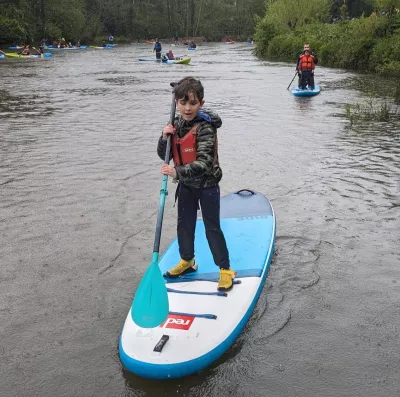
School, Friends and Fitting In
Finn’s epilepsy has had a significant impact on his education and friendships.
He’s on strong meds - the side effects feel more problematic than the seizures.
And his memory, Joley said, has suffered badly.
His processing has slowed. His moods are harder to manage.
At his previous school, Finn was bullied.
He was told he was stupid, worthless, that he should be dead. His diagnosis was used against him.
The family moved him to a new school, where things have improved.
He’s building nurturing friendships. The school’s been proactive - they’ve got a buddy system, walkie-talkies for emergencies, and they’ve done epilepsy training.
Rafferty, being younger, has had fewer issues.
He’s got a sweet friendship group. But when he has a seizure, he insists nothing happened. He doesn’t understand why people are fussing.”
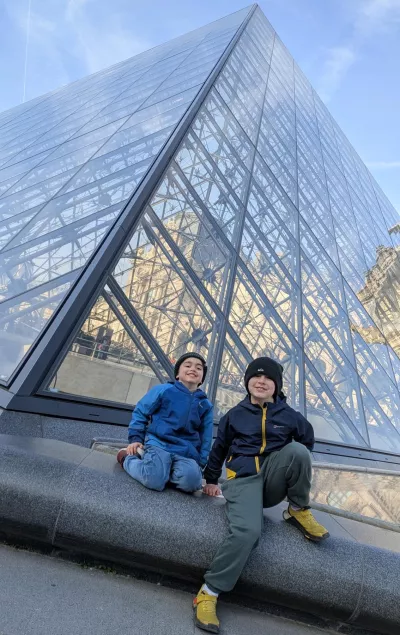
Support and Solidarity
Young Epilepsy has been a vital source of support.
We’ve used the website for information. It’s so easy to understand. Finn’s loved seeing stories of footballers and rugby players with epilepsy. It’s shown him he can still do everything he wants.
She’s also connected with other parents through the charity.
It’s incredibly lonely. My friends are supportive, but they don’t get it. Finding someone who does - that’s life-changing.
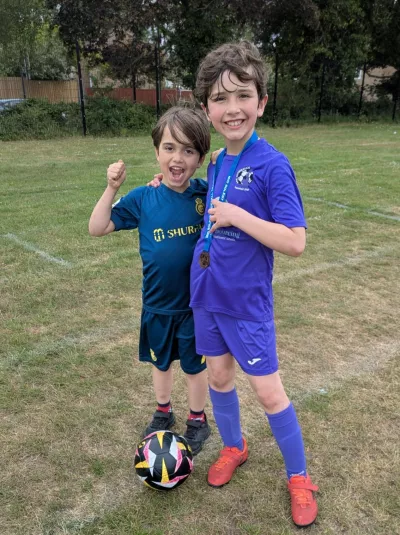
Guidance for Parents and Young People
Joley’s message to other parents is clear:
Follow your gut. You know your child. Advocate for them. Educate yourself - because you’ll often have to educate others too.
To young people with epilepsy, she offers this:
It may not be the path you expected, but don’t let it stop you. You can still pursue all the things you want to do and all the things you want to be.
Looking Ahead
Despite the challenges, Joley remains hopeful.
I say to them: you are so much more than just a boy with epilepsy. You're a sportsman. You are a friend. You're funny. You're really smart. So we will build and plan around it.
She knows the road ahead may still be bumpy - especially for Finn, whose condition is less predictable. But she’s determined to keep pushing for her boys.
If I wrapped them in cotton wool, I’d do them no favours. They’ve got to experience life. It’s just about figuring out how we do that - safely, confidently, and together.
